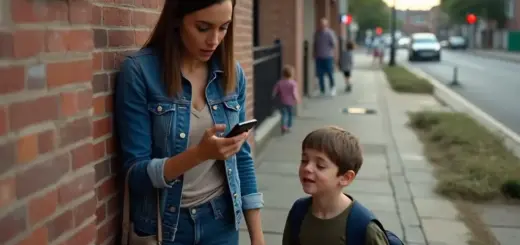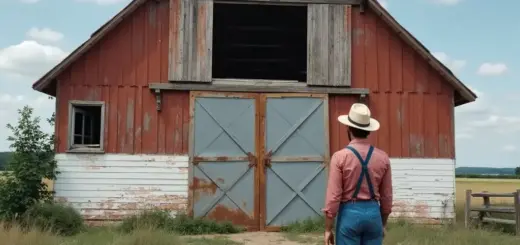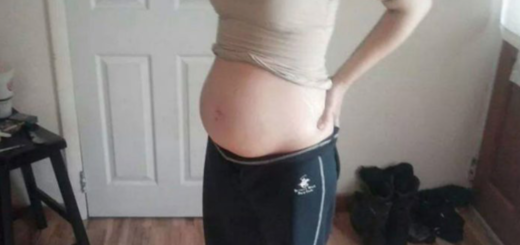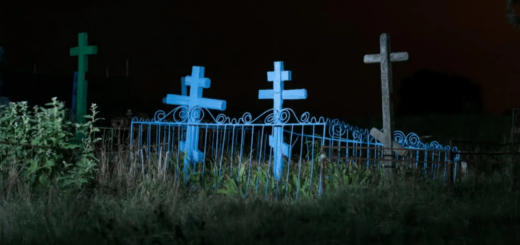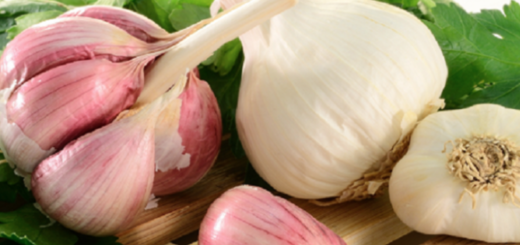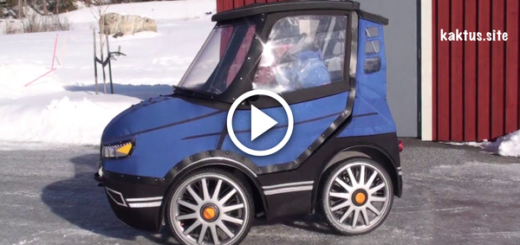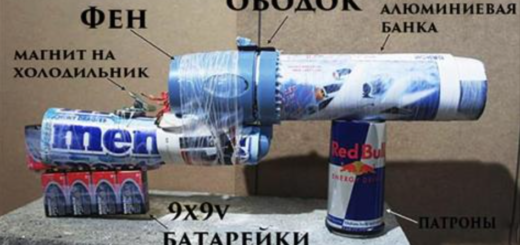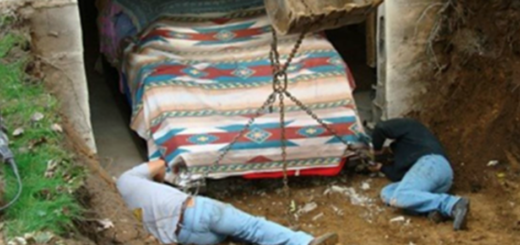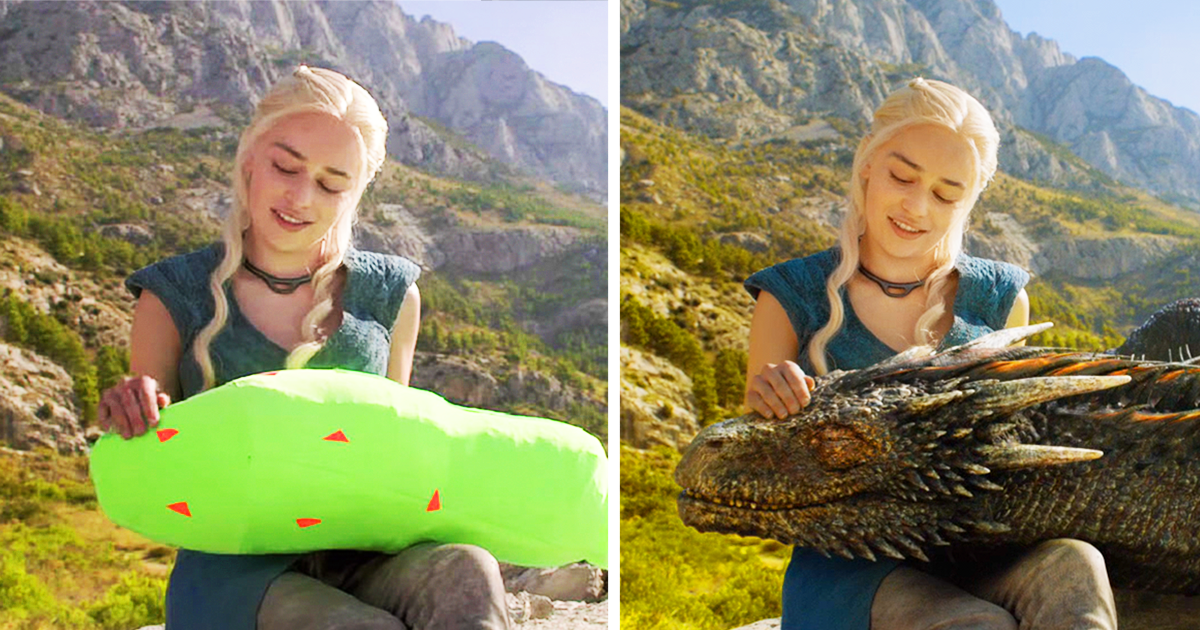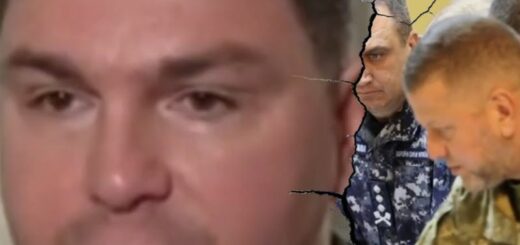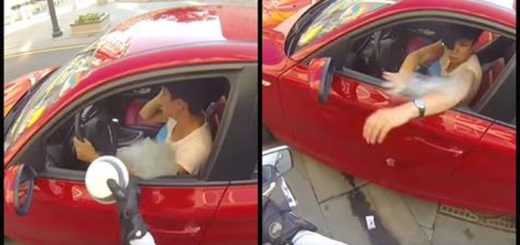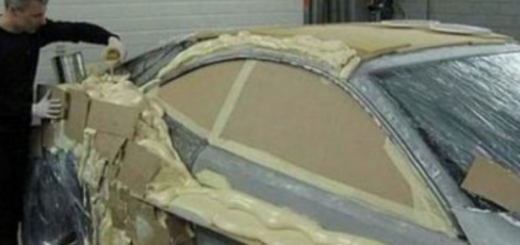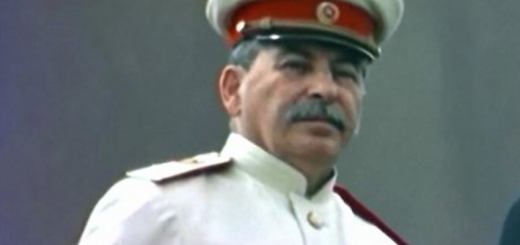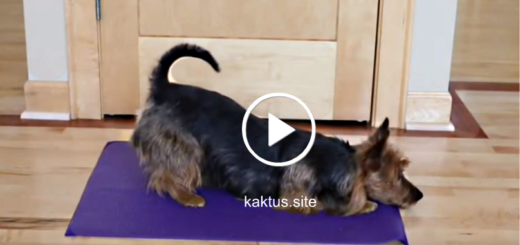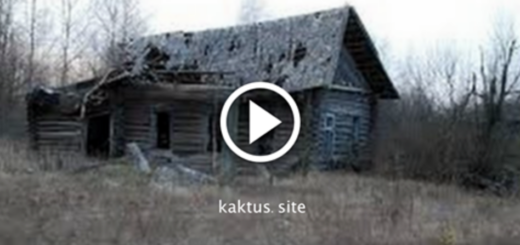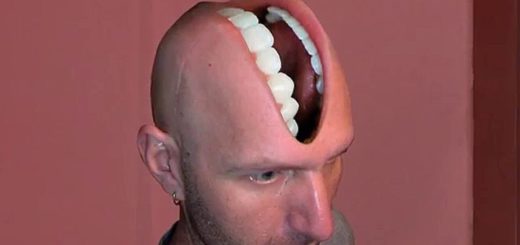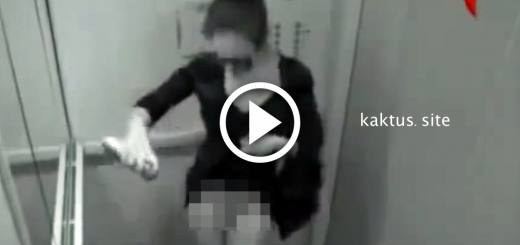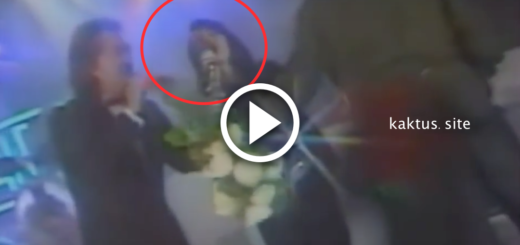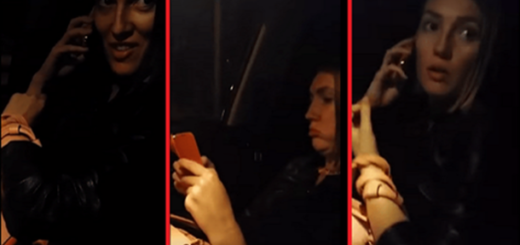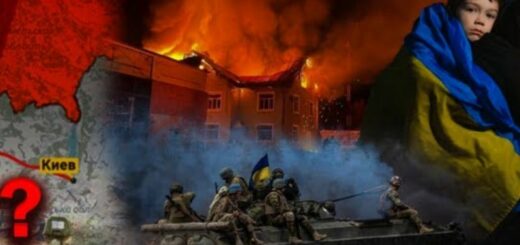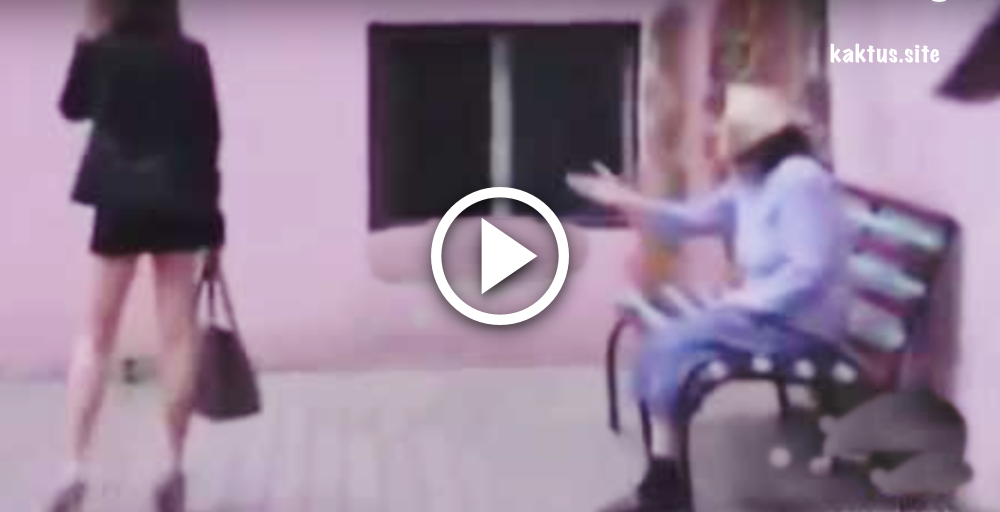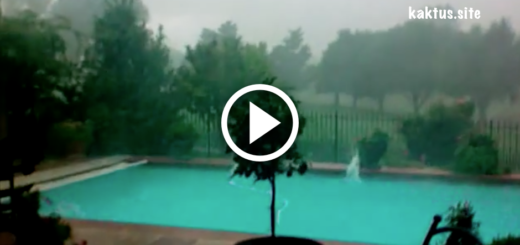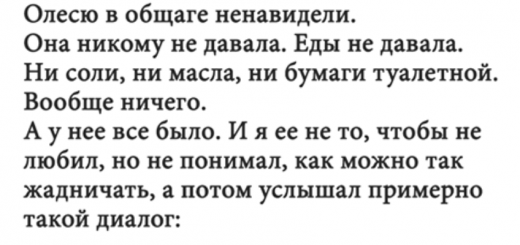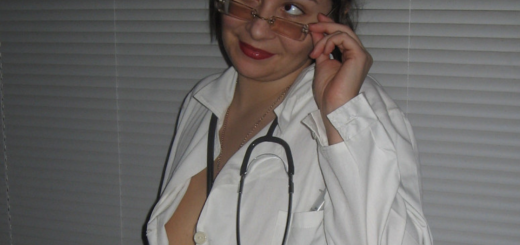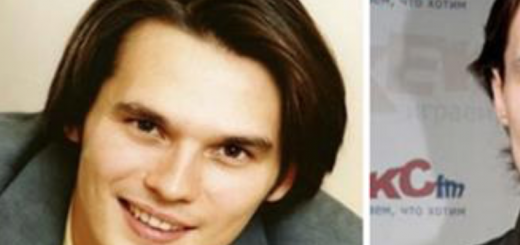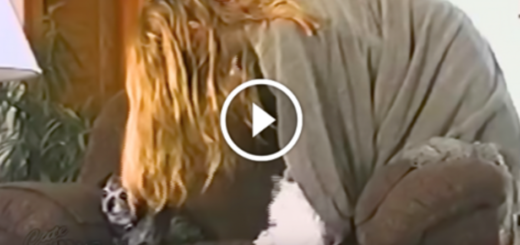The first assault on my senses was the smell—a caustic, bitter fume of incinerated paper laced with an unidentifiable, chemical tang. My hands trembled as I stared into the porcelain basin of the kitchen sink. There, a slurry of gray ash swirled in murky water, the physical manifestation of my life being obliterated. My mother, Margaret, stood beside me, her gaze as unyielding as granite. The spent book of matches was still pinched between her calloused fingers.
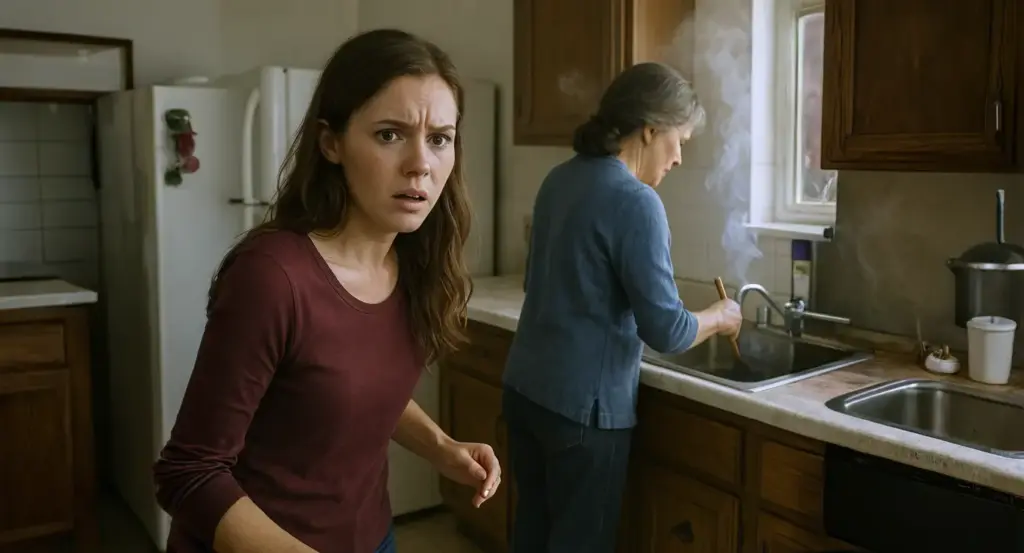
“You burned it,” I breathed, my voice a fragile thread of sound, nearly lost beneath the frantic drumming in my chest. “You actually set my lottery check on fire.”
“That’s right, Chloe,” she affirmed, her tone chillingly even, devoid of any regret. “I did.”
Two and a half million dollars. Vanished. A primal scream built in my throat, a desperate urge to seize her by the shoulders and shake her, to force the magnitude of her action into her consciousness. But I remained frozen, a spectator to my own ruin, watching the last confetti-sized pieces of my future dissolve into the grime. The numbers were seared into my brain, a permanent tattoo on my memory: 7-14-23-35-42, and the Powerball, 18. A sequence I had faithfully played every single week for three years, a tapestry woven from the birthdays and anniversaries that had once defined our family.
“How could you do this to me?” The words felt torn from my throat, tight and strangled. “That was my money. I worked double shifts at Jefferson Hospital for months just to afford those tickets.”
“I never asked a thing of you.” Margaret’s expression remained an impenetrable mask. She had always been a fortress, a necessity after my father walked out when I was twelve and my sister, Jessie, was eight. But this wasn’t strength I was seeing now. This was something else, something terrifying. “You want to know how?” she asked, turning her body to face me directly. “You sat at this very table, in this very kitchen, and told me you wouldn’t give a single dime to your sister. To your own flesh and blood.”
“The same sister,” she continued, her voice gaining a sharp edge, “who held your hand for a week straight when you thought you’d never recover from Ryan leaving you. The same sister who found a way to help you through nursing school when you were too broke to even buy textbooks.”
“That’s not the same,” I countered, but the conviction in my own voice was already faltering. “Jessie made her choices. She abandoned her degree to chase some ridiculous dream of being a singer. She’s been freeloading off you for two years, Mom. When is it supposed to stop?”
“It stops when family ceases to be more important than a dollar amount!” she retorted, her voice a whipcrack in the small room. “It stops when you’re no longer so poisoned by the bitterness of your own life that you can’t see your sister is drowning.”
The kitchen, once a sanctuary of warmth with its cheerful yellow walls, suddenly felt claustrophobic, the space pressing in on me. This was the room where my mother had taught me the secret to her cornbread, where she’d patiently guided me through algebra homework. It was where she had cradled me when my teenage world had imploded over some high school crush. Now, it was the scene of my world’s actual, undeniable end.
“You don’t get it,” I said, my legs giving way as I sank into one of the worn, mismatched chairs surrounding our old oak table. “I’ve been pulling seventy-hour weeks at the hospital. Some days my back aches so much I can barely stand upright. I was going to buy a house, Mom. A real house. Maybe even go back to school, get my nurse practitioner license. I had plans.”
“And what about Jessie’s plans?” My mother’s tone softened, a sliver of empathy breaking through her hardened exterior. “Do you think she wanted this? To move back home at twenty-six? Do you honestly believe she’s happy sleeping in her childhood bedroom, with posters of bands that broke up a decade ago still on her walls?”
My eyes drifted around the kitchen, and for the first time in what felt like years, I truly saw it. The wallpaper was curling away from the frame of the window. The old refrigerator emitted the same low, tired hum it had for as long as I could remember. The linoleum floor was worn through in patches, mapping the paths our feet had trod for decades. This house had been our lifeboat after Dad left. Mom had juggled three jobs to keep us in it, to ensure Jessie and I always had a stable harbor to return to. She had sacrificed her own ambitions—of finishing her degree, of finding love again, of visiting her sister in California.
But even with that knowledge, a vast chasm of unforgiveness separated us.
“I have to go,” I said, pushing myself up from the chair so abruptly that it shrieked against the floor. “I need to think.”
“Chloe, honey, please sit down. Let’s just talk this through.”
But her words were already fading behind me. I was moving toward the door, my purse clutched in my fist like a talisman. I couldn’t spend another moment in that house. I couldn’t bear to look at the sink where my entire future had been reduced to ash and dirty water.
The late afternoon sun was blinding after the dimness of the kitchen. I sat in my car, a 10-year-old Honda, for an eternity, just focusing on the simple act of breathing in and out. My hands were still shaking. Twenty-eight years old, and I felt as though my life had been terminated before it had ever truly begun. I considered calling someone, but who? My friends from work would offer sympathy, but they couldn’t possibly grasp the reality of it. They had never tasted this kind of life-altering fortune, only to have it snatched away by a bizarre act of familial sabotage. They’d probably think I was the monster for not wanting to share with Jessie in the first place.
Maybe I was a monster. Maybe I was selfish. Maybe Mom was right. But $2.5 million was an astronomical sum to hand over to someone who had been living off our mother for two years without so much as filling out a job application. Jessie was the artist, the dreamer who always believed the universe owed her a standing ovation. I was the pragmatist, the one who clocked in, saved her pennies, and made five-year plans. And now, all my plans were a soupy gray mess in a South Philly kitchen sink.
I drove for hours, aimlessly navigating the city streets, just needing to be in motion because stopping felt like surrender. The Schuylkill Expressway was choked with rush hour traffic, a river of people heading toward destinations, toward purpose. I envied them their mundane problems, their normal lives where lottery tickets were kept safe in wallets until the drawing.
Eventually, I found myself idling in the parking lot of Mount Zion AME Church, the spiritual home our family had attended every Sunday for my entire life. The lot was deserted save for Reverend Michael’s old Ford. The Wednesday evening bible study was still an hour away. I sat there, the ghosts of a thousand sermons on forgiveness and family and charity swirling around me. They were easy platitudes when you hadn’t just witnessed your mother incinerate your salvation.

